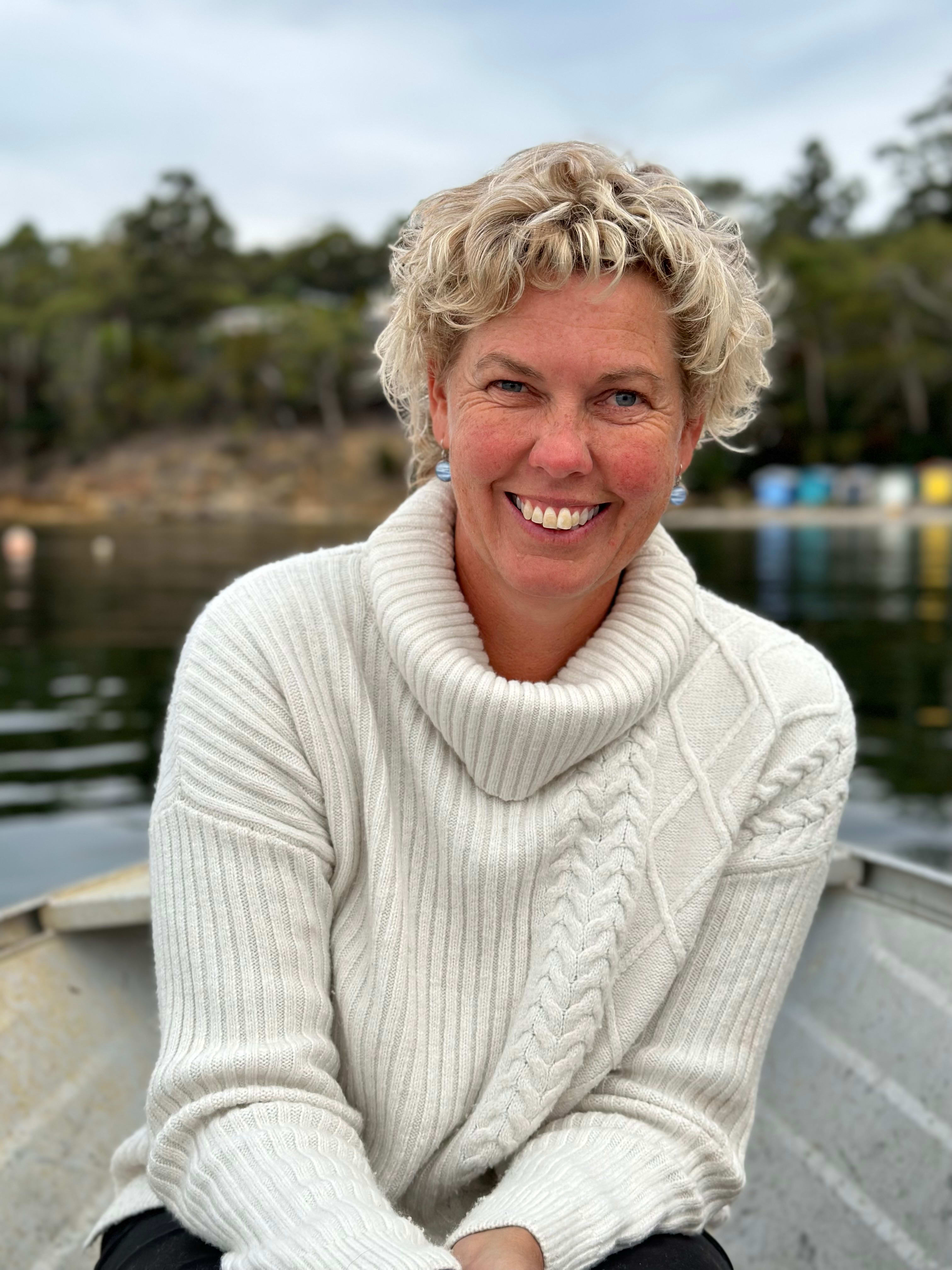
I acknowledge the essential work the police do, work that continues to keep people safe in their communities, and the positive policing for victims including myself. Without police society would look very different.
My intention in writing this essay is to discuss how the system can be improved. No matter how supportive police are towards victims of violence, mistakes can be made due to inadequacies in the system. There is room for improvement of the system.
There is currently movement by the federal government towards examination of police practices towards victims of domestic, family and sexual violence (DFSV) –how these practices can be strengthened in ways that truly are supportive – and there is also increased media attention to misidentification of victims and perpetrators when police are called to domestic violence incidents.
I and others, feel it shouldn’t be incumbent on the victim to provide evidence when they are in a situation where survival is uppermost in their minds.
In principle, I agree with the need to have evidence however if there are multiple breeches indicating that the respondent is capable of extreme violence, this should give the police pause to investigate the situation further to prevent the tragedies we are seeing play out in our society. The homicides of women and children that are becoming common.
Police in most cases try to support victims as best they can according to their role as protectors of the public. However, there are exceptions where police staff seem to be more responsive to the “good victim”. Just as we have expectations of a resolution to our disclosure of criminal abuse, the police have expectations that a distraught and traumatised victim has the capability at the time, to act and speak rationally, calmly and understand the legal process.
Rather than using a police station as the first port of call (unless it is a crisis where you are in danger), I recommend a victim find a DFSV service that will provide a liaison worker to attend the police station with you. A family member or close friend is not the best choice to attend with you, as in most cases they are traumatised too.
Solutions
The following are needed.
A national data base accessible to state police and judicial systems. Having a national data base will improve coordinated responses between victims, the police force and social services. The Prime Minister, Mr Albanese, says this is on the agenda and that he is keen to progress this.
The use of ankle bracelets across all Australian states for serious and repeat offenders. Tasmania is considering this. Tech-facilitated abuse is on the rise and police are inundated with claims of stalking, but they are so under-resourced and under-funded they can’t respond to allegations unless evidence is provided. Ankle bracelets would relieve some responsibility for the victim to prove stalking has occurred.
Dedicated family violence units are needed in more police stations. Tasmania has only three units to service the entire state with a population that experiences more domestic violence per capita than anywhere else in the country.
More mandatory trauma-informed training is needed for police. Training will improve criminal justice systems, so abusers are held accountable. This includes training police to reduce misidentifying victims as perpetrators of abuse. When correct identifications becomes the standard procedure victims’ trauma can be reduced.
Deborah Thomson moved to Tasmania with her daughter in 2010, and now lives with her partner of nine years and a parrot. She moved to escape domestic violence and, inspired by her new partner, wrote her first book, Whose Life Is It Anyway? Recognising and Surviving Domestic Violence, to help others recognise abuse (and in particular coercive control), in the home, and to increase their motivation to leave earlier. After publishing her first book, she became a trained advocate through Engender Equality, a non-government Tasmanian organisation working with people and communities impacted by family violence. Deborah Thomson advocates for survivors of family violence, speaking at domestic violence events across Tasmania, through media channels and podcasts. She recently completed a second book, detailing lived experience with domestic violence by her then husband, spanning 17 years from 1985 to 2003. This book is now used in Tasmania as an information resource for family violence counsellors and students on practicals.








